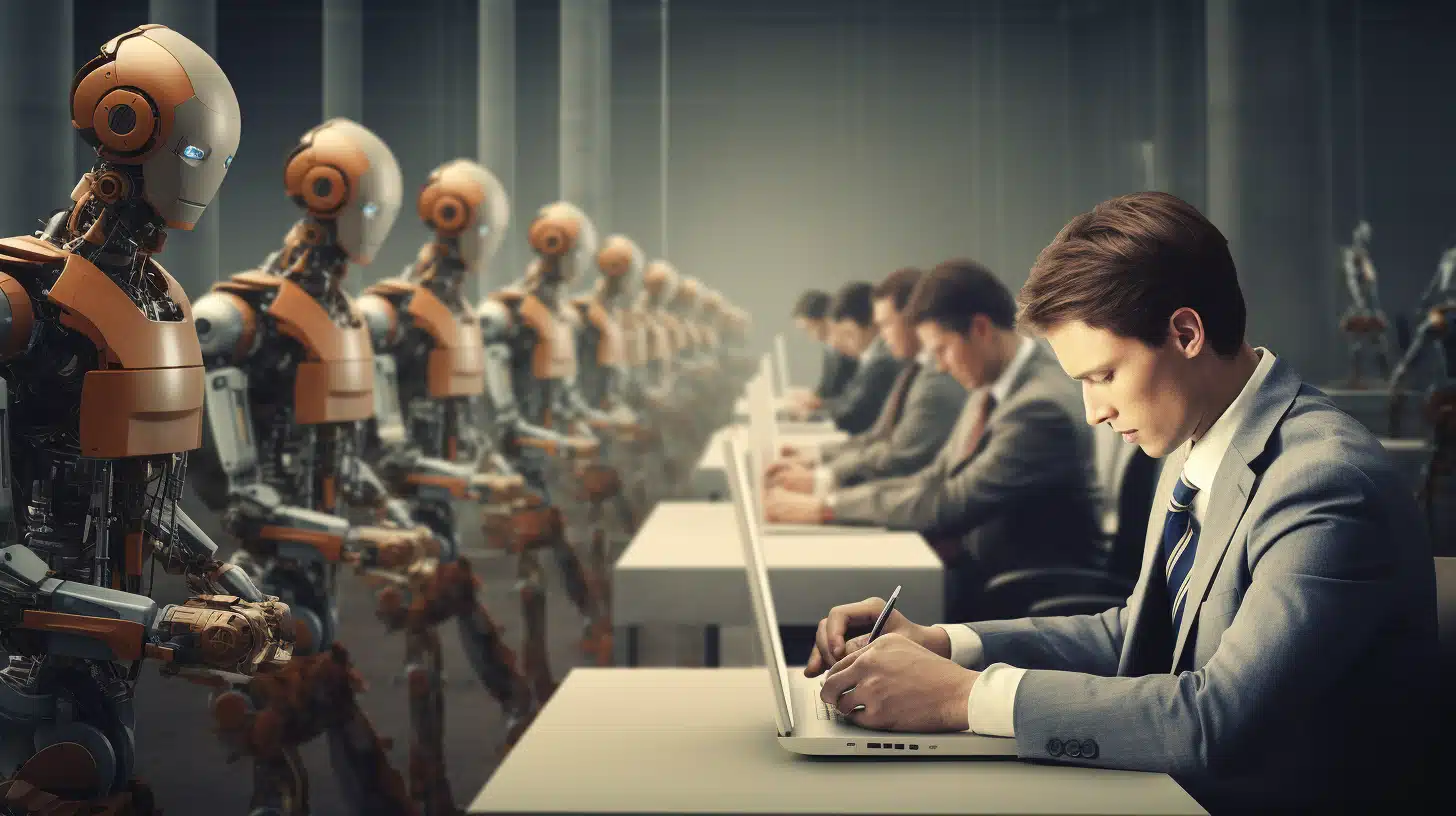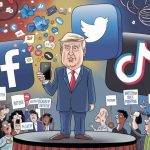Introduction
Artificial intelligence is transforming industries faster than any previous technological revolution. From manufacturing to media, automation and AI-driven tools are reshaping how people work and how businesses operate. What once required human labor can now be completed by machines in seconds.
This shift is creating both opportunities and challenges for workers worldwide. While some celebrate increased efficiency, others fear job loss and widening inequality. The balance between human skill and digital automation has become one of the most urgent debates in global economics.
The Automation Wave Across Industries
AI is no longer limited to tech companies. Banks, hospitals, logistics firms, and even schools now rely on automation to streamline operations. In factories, robots perform repetitive tasks with precision. In offices, software algorithms handle data entry, analysis, and communication.
This transformation has allowed companies to reduce costs and boost productivity. However, it also means that millions of traditional jobs are at risk. The World Economic Forum predicts that automation could replace up to 85 million roles globally by 2025.
At the same time, new jobs are emerging in AI development, data management, and digital design—roles that require specialized training and adaptability.
How Workers Are Adapting to the AI Economy
Employees worldwide are being forced to adapt to survive in this new digital economy. Upskilling has become essential, with workers learning coding, analytics, and automation management to remain relevant.
Governments and corporations are investing in digital education programs to bridge the skills gap. Some nations are leading in retraining initiatives, offering incentives to help workers transition into AI-driven sectors.
Still, the speed of automation outpaces the rate of adaptation, creating tension between innovation and employment stability.
The Role of AI in Media and Entertainment
Artificial intelligence is not just changing blue-collar work—it is also redefining creativity. In journalism, AI can generate real-time reports. In film production, it can edit videos and predict audience reactions.
Celebrities and influencers now rely on AI to manage their digital presence, from automated posting to deepfake editing. This merging of technology and entertainment has created new ethical questions about originality and human creativity.
While some fear AI will replace artists, others believe it enhances creativity by automating repetitive work, allowing humans to focus on imagination and storytelling.
Global Economic Inequality in the Age of Automation
Automation’s impact is not evenly distributed. Wealthier nations with advanced technology infrastructures benefit the most, while developing economies face the risk of being left behind.
Jobs that can be automated often move from low-income countries back to automated systems in developed ones. This shift threatens millions of workers in manufacturing and customer service sectors.
Experts warn that without global cooperation, automation could deepen economic divides between nations and within societies.
Political Reactions to AI Disruption
Governments worldwide are grappling with the political implications of automation. Some leaders embrace AI as a path to innovation and global competitiveness. Others view it as a threat to employment and social stability.
Policies around digital taxation, worker protection, and ethical AI development have become major topics in global political debates. The challenge lies in creating laws that encourage progress while protecting human welfare.
The Human Element in the AI Future
Despite the rapid pace of technological change, human creativity, emotion, and empathy remain irreplaceable. Jobs that require decision-making, communication, and care continue to rely heavily on people.
AI may handle data, but humans handle meaning. This distinction ensures that while automation transforms work, it cannot fully replicate the complexity of human experience.
FAQs
Is AI replacing all jobs? No, but it is transforming them. While some roles are being automated, others are being created in tech and data-driven fields.
Which industries are most affected by automation? Manufacturing, finance, transportation, and customer service are experiencing the most significant disruption.
Can AI improve work-life balance? Yes, by automating repetitive tasks, employees can focus on creativity and strategic decision-making.
How can workers prepare for the AI era? Continuous learning and digital upskilling are crucial for staying competitive.
Is automation increasing global inequality? It can, especially if developing nations lack access to technology and retraining opportunities.
Conclusion
Artificial intelligence is reshaping the global workforce, forcing every industry and individual to rethink their place in the economy. While it brings efficiency and innovation, it also challenges social and economic stability.
The key to a sustainable digital future lies in balance—embracing automation while empowering humans through education and fair opportunity. The future of work will depend not only on technology’s progress but on humanity’s ability to adapt and lead with purpose.









